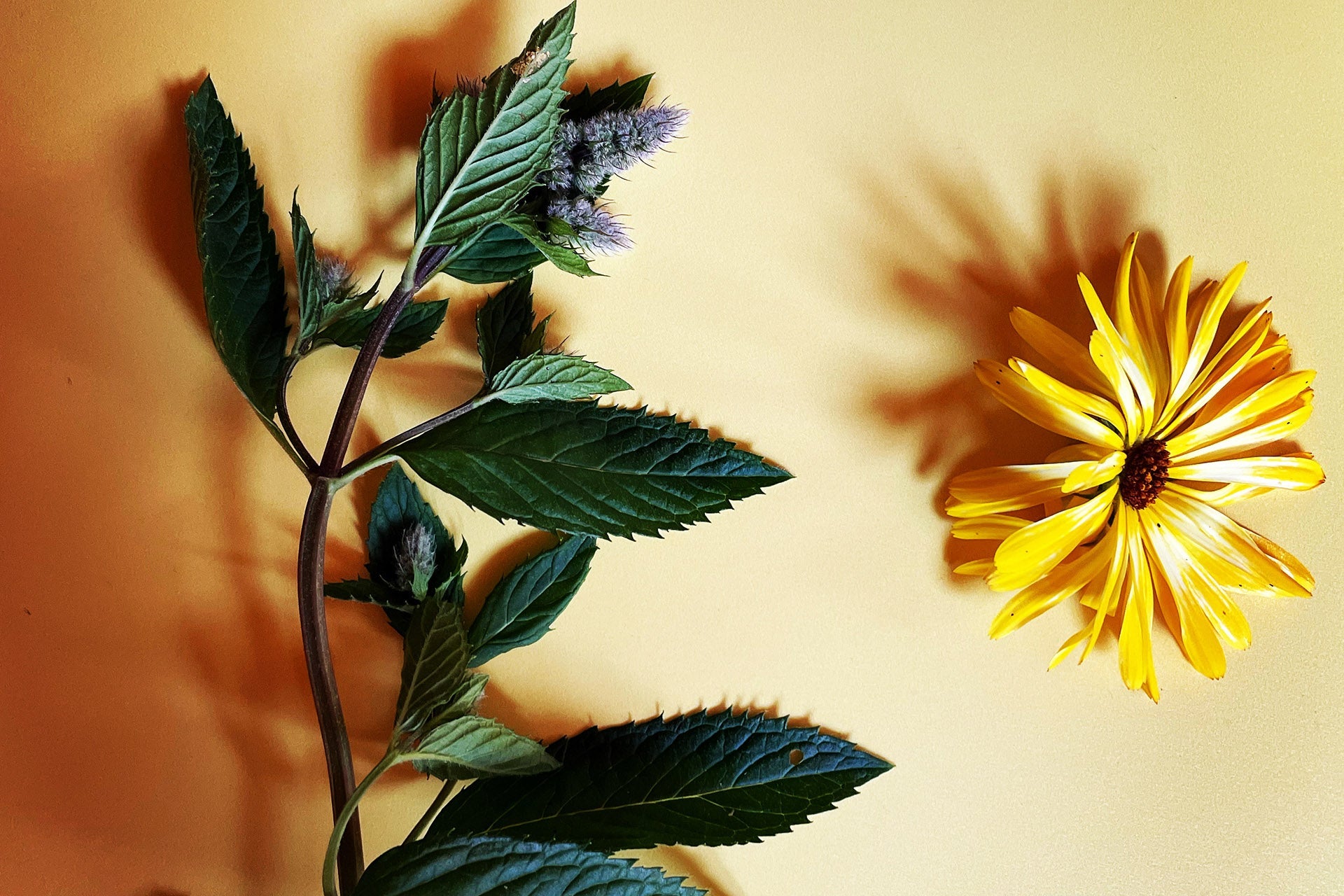"We want to bring the valuable knowledge about herbs back to the people and celebrate its comeback!"
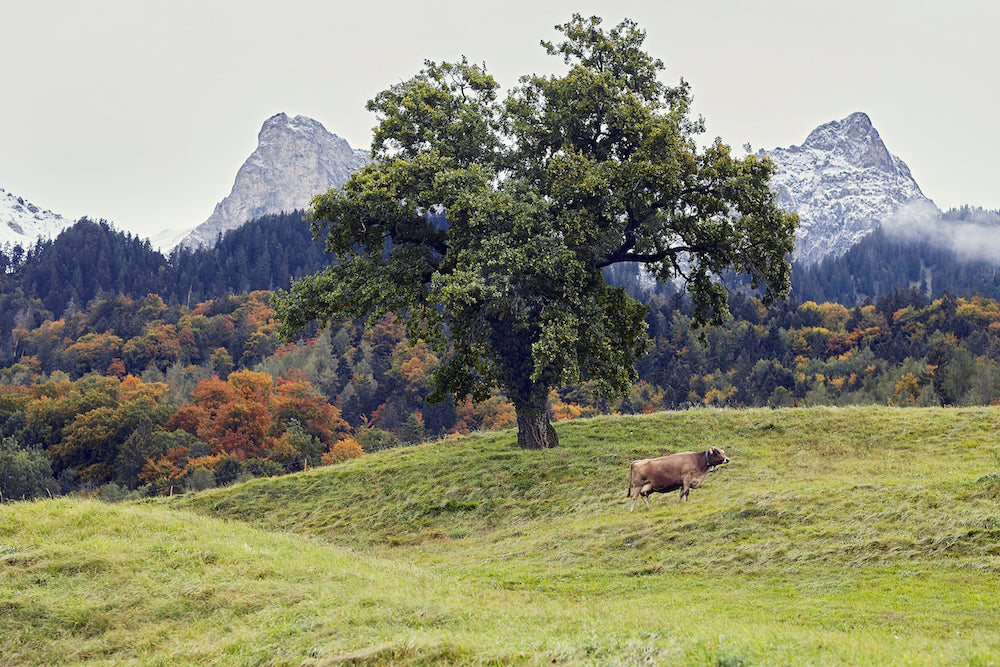
Naturally good & directly from nature
It is not for nothing that it is said that there is a herb for everything. When used correctly, plants can do us good in the soul, in the body and also on the skin. Due to its different altitudes, Switzerland's herbal world offers a home to a great variety of plants and herbs. These Swiss herbs have proven their worth for centuries, also in skin and body care. This is not the only reason why they are known and famous far beyond the country's borders.
The valuable knowledge of herbs has been passed on in monasteries, drugstores and by farmers' wives for many generations. Especially in today's complex times, these old & natural household remedies made from herbs are once again receiving more attention. We also believe in the concentrated power of plants. The herbs used for our SHEA YEAH products are natural, not standardised and can therefore vary slightly from harvest to harvest, but this does not affect the quality of the products. For the skin and soul, these original herbs full of character are a true enrichment for beauty and well-being.

The origin
We source our herbs from herb-growing cooperatives with farmers and producers from different regions of Switzerland. This year, the lady's mantle comes from the cantons of Bern and Graubünden. The lemon balm and the mallow herb come from the Solothurn region. Depending on the year and the harvest, the origin of the herbs may vary among the different altitudes and regions.
The plants are harvested either from cultivation or from wild growth. Depending on the location and size of the cultivation area, the farmers work by hand or with machines. The cultivation is carried out according to organic criteria. This includes, among other things, the renunciation of artificial fertilisers and chemical means of pest control. Careful handling of the plants is taken into account when planting, tending and harvesting.
seit Generationen erprobt & getestet
Wirkung & Studien zu den Kräutern
Alte Rezepturen von unseren Müttern, Grossmüttern und Urgrossmüttern. Gemischt mit wertvollem Natur-Power. Streife durch einen Auszug an wissenschaftlichen Studien, um mehr über ihre Wirkung zu erfahren.
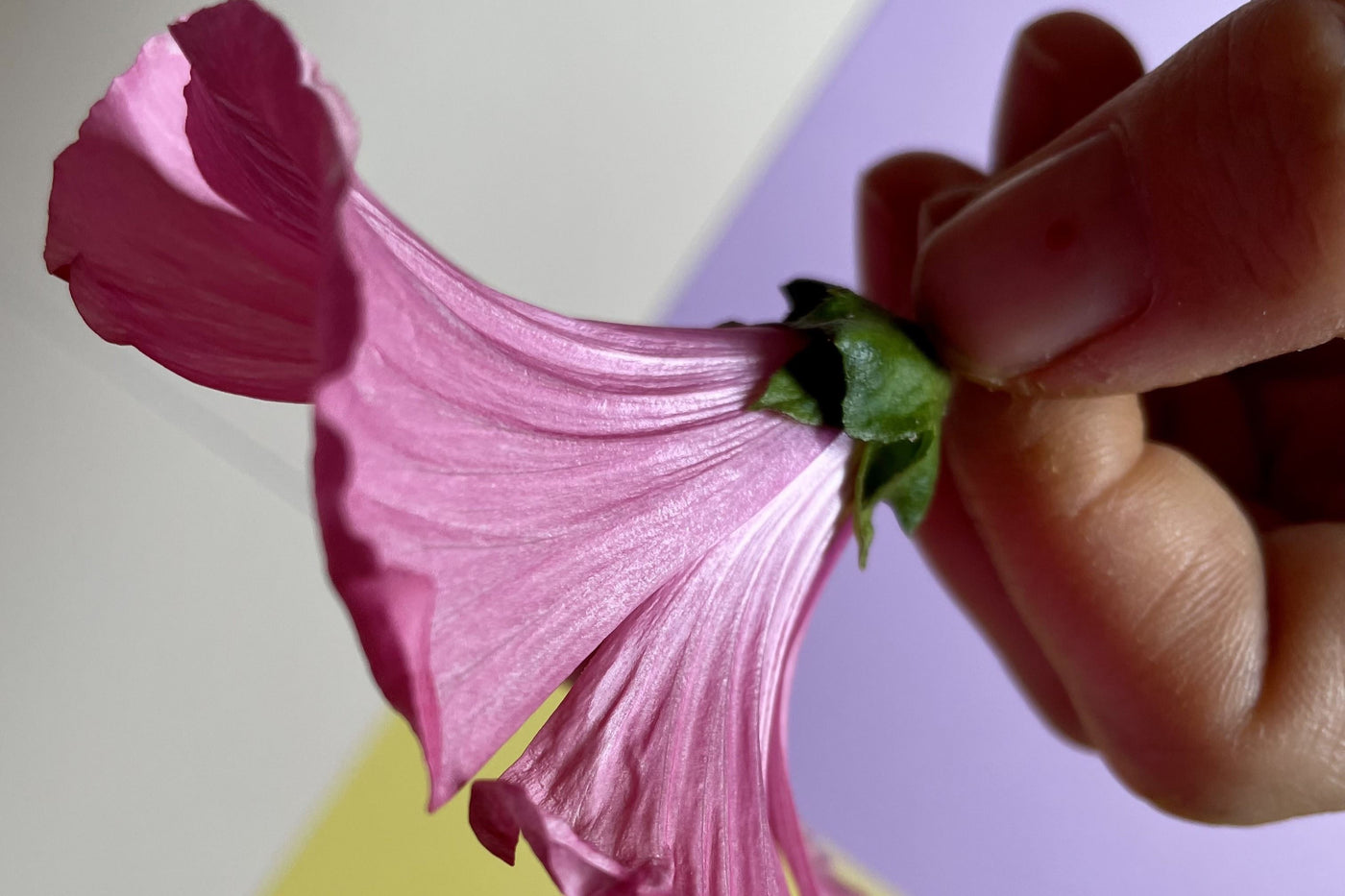
mallow
Lat name: Malva sylvestris
Synonyms: Big cheese poplar, horse mallow
Family: mallow family
Farmer's wives used to massage the juice of crushed mallow leaves into their faces. Even today, mallow is highly valued in Swiss folklore. Like an invisible protective cover, the mucilage of the mallow lies on the horny layer and buffers environmental stress, wind and sun. They also moisturise and keep the skin supple. A beautiful, elegant plant that has been appreciated for many centuries.
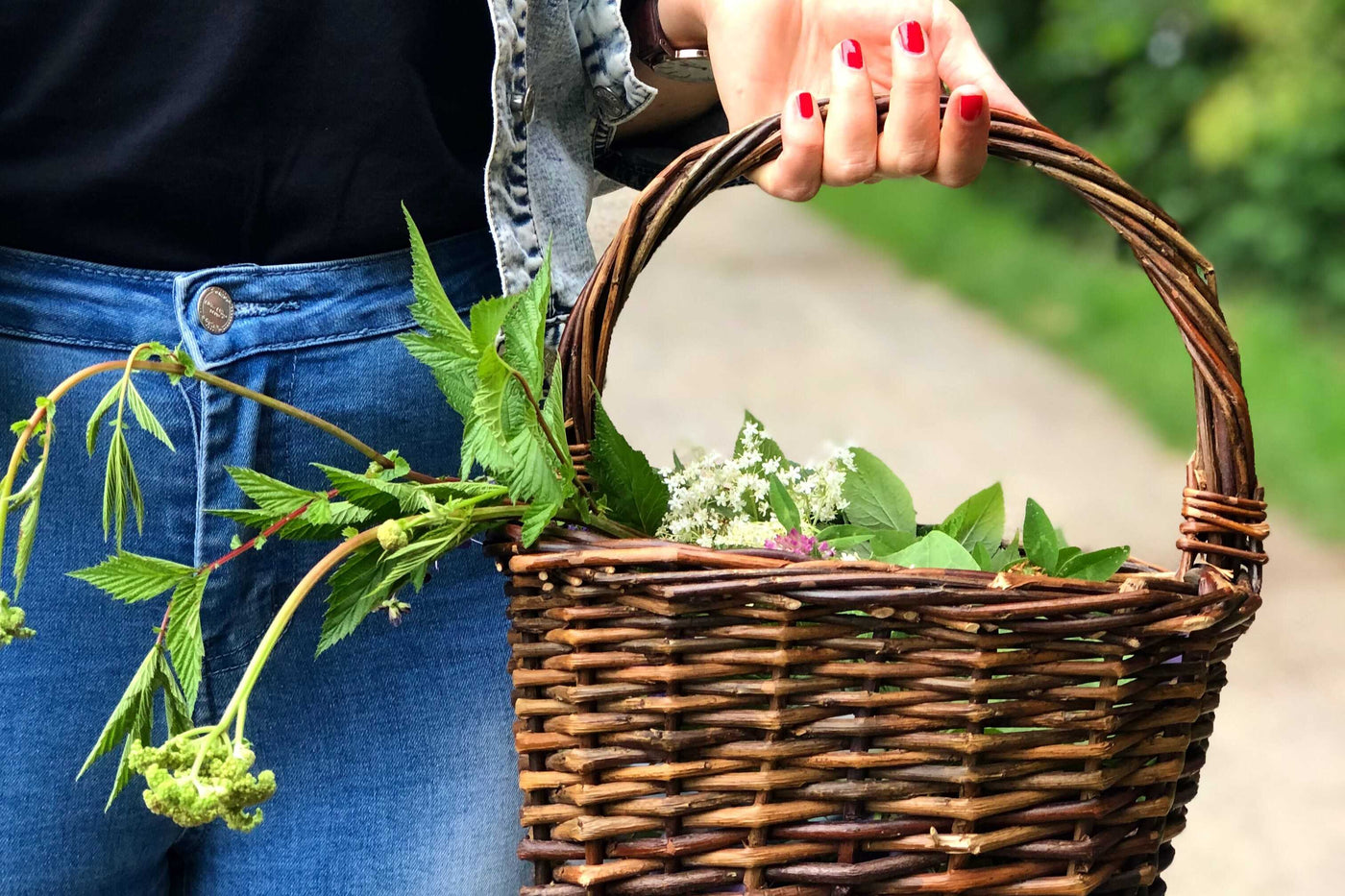
Lady's mantle
Lat name: Alchemilla vulgaris
Synonyms: Alchemist's weed, dove-leaf, exchange-bowl.
Family: Rosaceae
The inconspicuous lady's mantle is part of the noble rose family and has a soothing and nurturing effect on the skin. It helps flabby skin to get going again. As the name suggests, the plant is considered beneficial for numerous "women's issues". Since lady's mantle pumps up excess water from its leafy shoot and causes it to bead on the leaf edge, the plant is very exciting for alchemists.
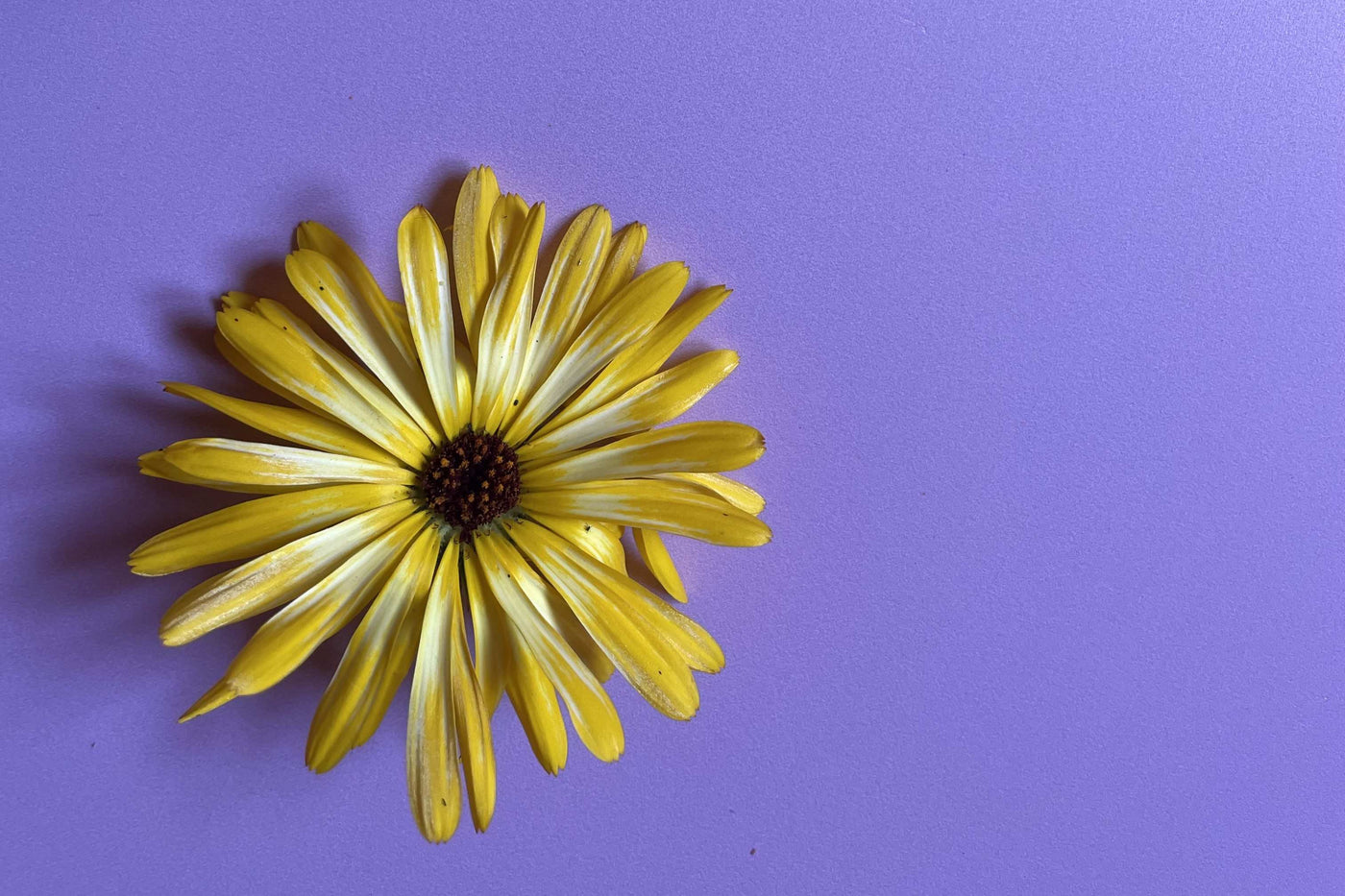
Marigold
Lat name: Calendula officinalis
Synonyms: Marigold, Calendula, Solstice flower, Medulla
Family: Compositae
From time immemorial, the marigold has been regarded in European folklore as one of the most important plants for beauty and well-being. Widely used, it soothes dry and chapped skin. The marigold follows the course of the sun with its flowers: it opens its blossoms at dawn and closes them as soon as the sun sets again. Flowers that bloom at the most important points in the sun's course and whose shape resembles the sun have always been considered sacred flowers - also in witchcraft and sorcery. That is why the marigold could not be missing from any love spell. If a girl planted or sowed the flower in the footprints of her lover, he had to stay with her forever, whether he wanted to or not.
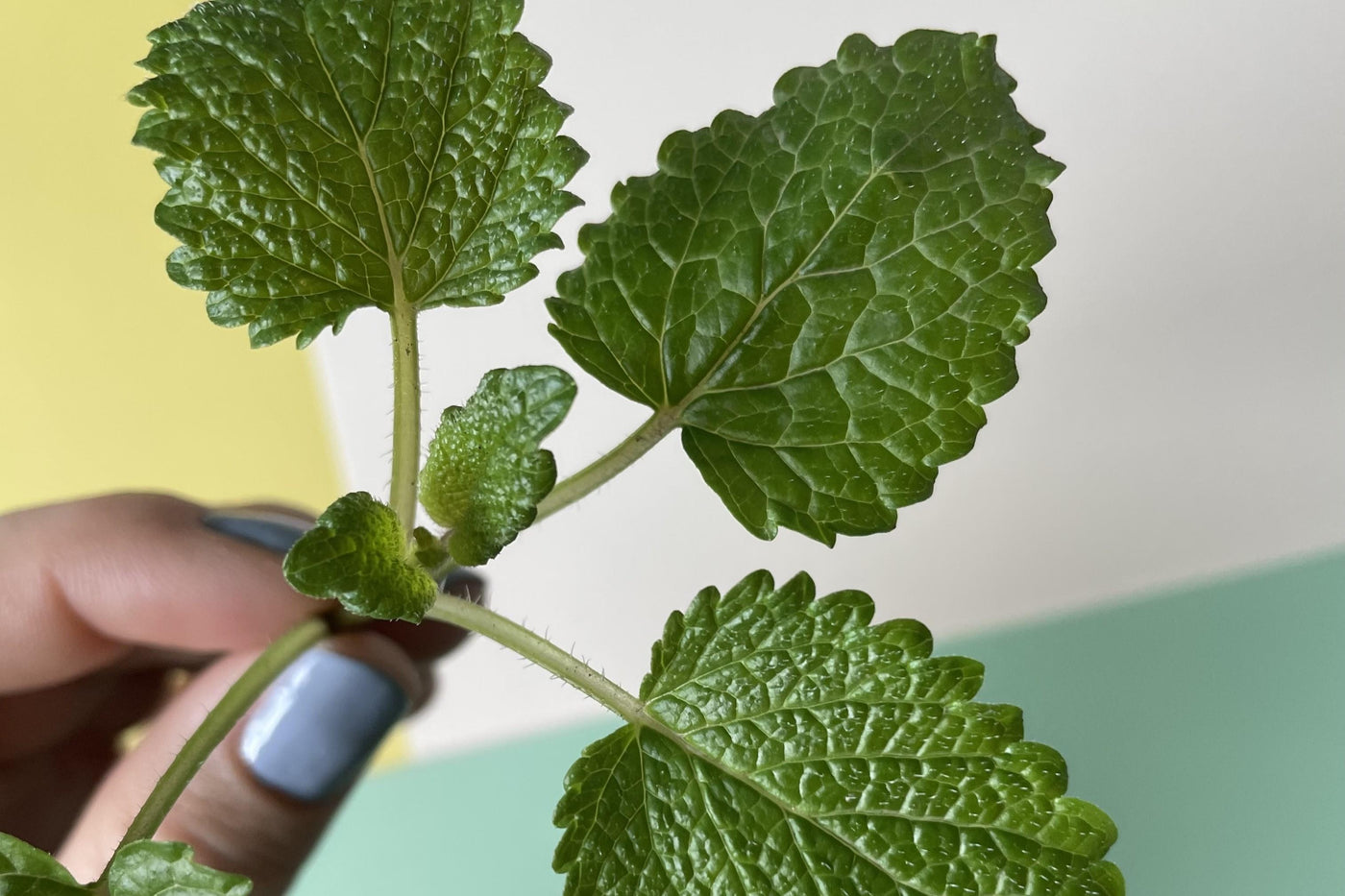
Lemon balm
Lat name: Melissa officinalis
Synonyms: Lemon balm, heartwort, nervewort
Family: Labiates
In the Middle Ages, a decree prescribed the cultivation of lemon balm in all European monastery gardens. This clearly indicates the many benefits of this valuable plant. Today we know lemon balm mainly through its refreshing fragrance and as a popular ingredient in tea blends. Lemon balm is also particularly valuable in natural cosmetic formulations, especially for lip care. The name "lemon balm" goes back to the Greek word "bee" - no wonder, as the plant is very popular with bees.

